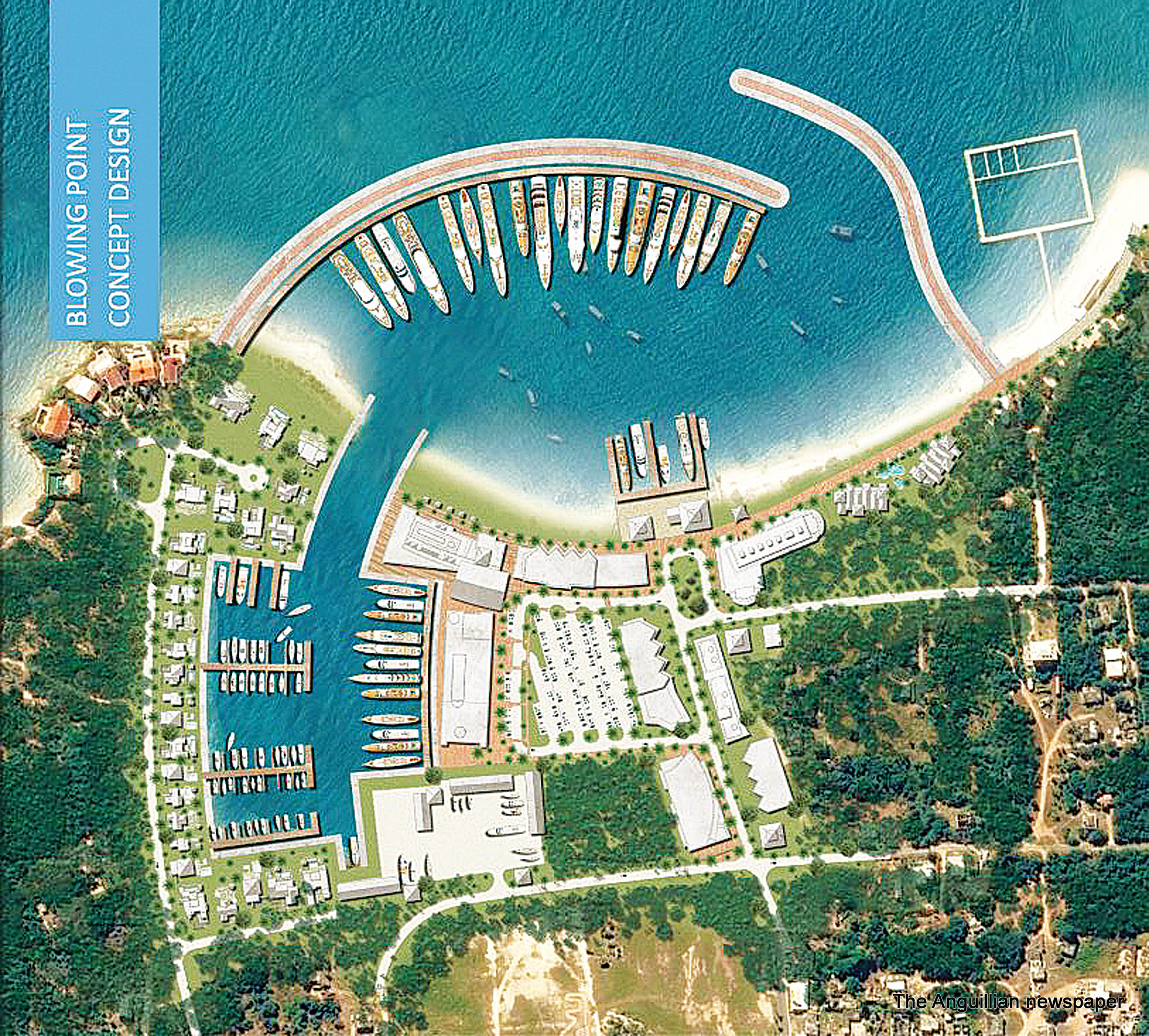Anguillians, residents and visitors all have unanswered questions following the events that occurred at one of Anguilla’s tourism properties on Saturday 13th April, 2019. Information shared with the public has revealed that an incident between a hotel guest and an employee resulted in the death of the employee. The hotel guest, one Gavin Scott Hapgood, has been charged with manslaughter of the employee, Kenny Mtichel. Magistrate Keithly Benjamin initially denied Mr. Hapgood bail on Wednesday 17th April, 2019. However, later that same day he was granted bail in the sum of EC$200,000.00 by High Court Judge, His Lordship Honourable Justice Innocent. Mr. Hapgood has since left Anguilla.
The handling of the investigation; the subsequent charging of Mr. Hapgood; the granting of bail; and Mr. Hapgood’s departure from Anguilla have caused quite an uproar. Persons have expressed their anger and disgust at what they have perceived as the favourable treatment extended to Mr. Hapgood since, rather than being detained at the Police Station while the matter was being investigated, he was released after some hours pending further investigations. The decision to charge Mr. Hapgood with manslaughter, rather than murder, has been the subject of some concern as persons react to “word on the street” which has caused them to form the opinion that a charge of murder would have been the more appropriate charge. The judge’s granting of bail in the sum of EC$200,000.00 has not gone without criticism, with many offering the view that such a ‘paltry sum’ will not serve to secure Mr. Hapgood’s return to stand trial. Mr. Hapgood spent very little time within the confines of Her Majesty’s Prison, even when bail was initially denied, as a bail application was quickly advanced before the High Court. Additionally, rather than walking between the prison and the court, as most accused persons do, Mr. Hapgood was transported in one of the Police SUVs.
Issues of racism were introduced as persons opined, using various media, that they were justified in their expressions of outrage as the treatment received by Mr. Hapgood, which they deemed preferential, was accorded to him because he was a white tourist. Had the circumstances been reversed, they claimed, and the black employee was charged, he would have been detained while investigations were ongoing; and he would have been charged with murder and would not have been granted bail. These views were vociferously expressed on radio, and Facebook, beginning in the week of 15th April, 2019 – and by persons gathered outside the courthouse and the prison on the evening of Wednesday, 17th April, 2019.
Public reaction could reasonably have caused law enforcement officials to form the view that persons might be minded to take matters into their own hands – to ensure that Mr. Hapgood received the treatment they felt he deserved, and that they believed would have been meted out to a local accused. It had even been suggested that persons should march on the hotel where Mr. Hapgood was reportedly staying and forcibly remove him from the premises. Apparently such a march was organised but did not materialise.
Did the public outrage, which was peppered with threats and generalized statements of hatred, affect the decisions made by officials in this matter? While, the biggest failing in the management of this matter is the absence of timely and substantive communications from the Police and the Governor’s Office, to which the police reports, it is also accepted that there are matters which it would not be appropriate, or prudent, to share with the general public. That notwithstanding, it is clear that communication with the public, as this matter unfolded, was severely lacking. While the absence of communication does not justify irresponsible comments and actions, the absence of such communication is likely to serve as an excuse for irresponsible behaviour.
We have a right to expect, and demand, higher standards from certain institutions. The Royal Anguilla Police Force and the Governor’s Office regularly use Facebook postings to keep the public updated on matters of far less significance. The public, therefore, expected that these offices would have effectively used this social media platform to share pertinent information on this significant matter, in a timely fashion. Hopefully, this failing will be addressed in the future. The inability to share substantive information about a case does not prevent the giving of regular assurances that a significant matter, with potentially far-reaching consequences, is receiving the attention it warrants. Such assurances might help to quell unease, and reduce instances of outbursts which could potentially create public disturbances and negatively impact the course of justice.
Hopefully all stakeholders will have learnt lessons. These include members of the public, the Police, Government officials and the Governor’s Office. One major lesson that should have been learnt is that persons will certainly be watching and passing judgement as to whether there is fairness and equality of treatment being meted out to persons who have reason to engage with the Royal Anguilla Police Force. Assuring the public that all persons will receive equal treatment will require the collective and sustained efforts of all members of the RAPF. These efforts must be accompanied by an effective public relations system.
The great value in building trust between the RAPF and the community cannot be overstated. The Anguillian encourages all stakeholders to exert themselves in the quest to build that trust. The life we enjoy in Anguilla, which is envied by many persons, depends on it.








